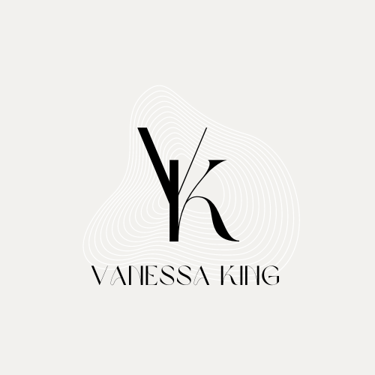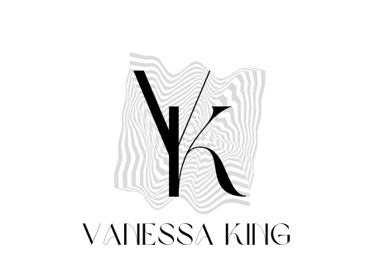How AI Forced Me to Rethink My Career and Why I Love It
This is not a story about loss. It’s one about evolution.
COPYWRITINGTRANSLATIONAI
Vanessa King
4/22/20252 min read


When I started my career in translation and localisation, it felt like stepping into a world that would always need a human touch. (Even though my dad – who still opens every spam email – had kind of predicted machine translation long before I did.)
I believed language was too rich, too full of nuance, culture, and emotion to ever be replaced by a machine. At least, that’s what I thought.
Then AI entered the stage. Fast, tireless, and suddenly “good enough” for many businesses who once relied on professional translators. At first, I watched this shift with a mixture of fascination and fear. I even trained some of these systems, learned how they worked, and marvelled at their speed.
But soon, a bigger question settled in: Was the craft I had invested so much in becoming obsolete? It was a tough realisation. The industry was changing, whether I was ready or not.
But what I didn’t expect was how much this shift would open new doors and reconnect me to the parts of communication I loved most.
From Word-for-Word to Big Picture Thinking
Translation taught me to see language not just as words, but as culture, intention, and context. Yet much of the day-to-day work became about making texts “fit” into another language, often without much room for creativity or strategy.
When AI started handling basic translations, it forced me to ask bigger questions:
How do we make messages resonate across cultures?
How do we create content that feels personal, human, and memorable, even when technology is involved?
How do brands keep their voice authentic in an increasingly automated world?
That’s when I realized I didn’t want to fight the technology. I wanted to evolve. I wanted to move into a space where my skills in strategy, empathy, and storytelling could truly shine.
Enter Content Strategy and Marketing
Today, my work revolves around building content strategies, crafting brand voices, and ensuring that communication doesn’t lose its soul, even as it becomes more digital.
I work with businesses that need more than translated words. They need connection. They need content that feels alive, relevant, and real to their audience, whether that’s in German, English, or across cultures.
The skills I once used to carefully transfer meaning from one language to another are now the skills I use to:
Shape clear, compelling messages
Adapt brand voices for new markets
Create content strategies that aren’t just about quantity, but about real connection.
In many ways, AI didn’t end my career. It helped me find the parts of it I loved most and build something even better from there.
Will that part eventually be affected by AI too?
Maybe. But this time, I’m not afraid of the change. I’m working with the models, not against them. I’m learning their strengths, recognizing their limits, and using them as sparring partners.
For a mind that is often bursting with creative thoughts but sometimes struggles to streamline them, AI is less a competitor and more like an extra brain.
It sharpens my ideas. It challenges me to think clearer, deeper, and faster.
The Human Element
AI can handle a lot of things. But understanding humans, feeling the subtle shifts in tone, culture, and emotion?
That’s still our job.
And honestly, I wouldn’t want it any other way.
Vanessa King
© 2025 Vanessa King. All Rights Reserved. The content and images on this website are the property of Vanessa King and may not be reproduced, modified, redistributed, or used for any purpose without the express written consent of Vanessa King.


